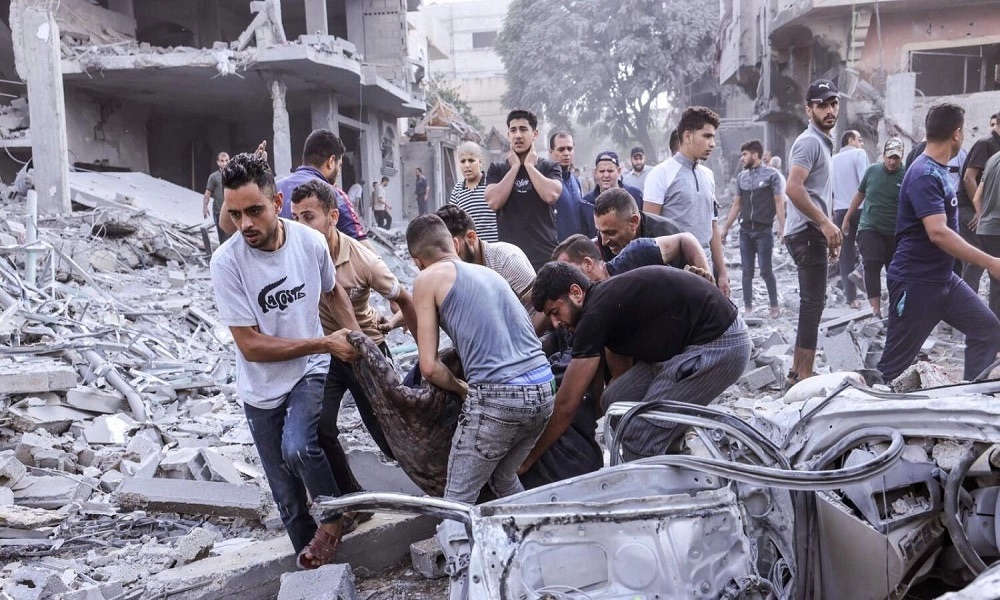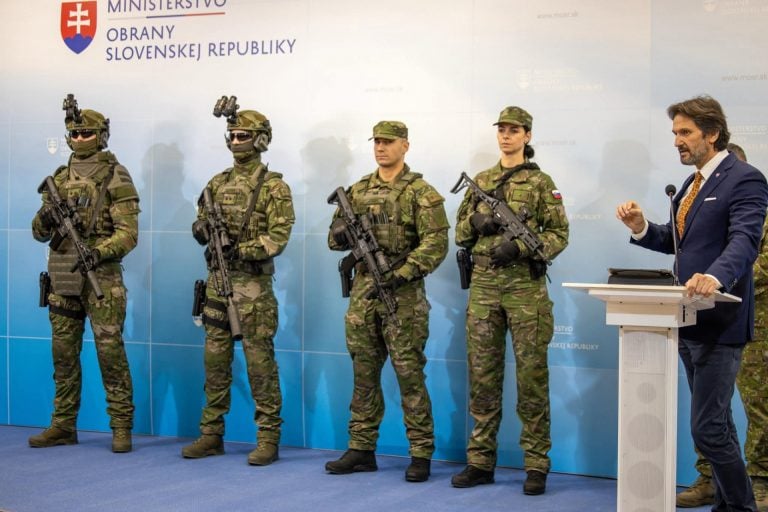In a significant development amidst the ongoing conflict, Hamas is set to return the bodies of four hostages on Thursday, including members of the Bibas family, who have become symbols of the Israeli hostage crisis since the outbreak of war in Gaza. This transfer marks the first instance of such a handover since Hamas’s brutal attack on Israel on October 7, 2023, which initiated the latest round of hostilities.
The deceased being repatriated include Shiri Bibas and her two sons, Kfir and Ariel, alongside a fourth hostage, Oded Lifshitz. The handover is scheduled to take place in the southern Gaza city of Khan Yunis, a location that has been central to many humanitarian efforts during the ongoing violent clashes.
The Bibas family’s harrowing story gained widespread attention after footage of their abduction was broadcasted by Hamas militants, showing the moment they were taken from their home close to the Gaza border. Shiri was forcibly separated from her two young boys, Ariel, who was just four years old, and Kfir, only nine months old at the time. The boys’ father, Yarden Bibas, was also taken as a hostage on the same day but was released during a previous prisoner exchange in February.
The repatriation of the Bibas family’s remains comes during the initial phase of a fragile ceasefire that began on January 19 following over 15 months of intense conflict in the region. Israeli Prime Minister Benjamin Netanyahu acknowledged the emotional weight of the day ahead, labeling it a “heartbreaking” occasion of national grief.
Under the provisions of the ceasefire’s first phase, 19 Israeli hostages have been released by Hamas in exchange for over 1,100 Palestinian prisoners. Among the remaining 14 hostages eligible for release, Israeli officials have stated that eight are confirmed dead. While Hamas has claimed responsibility for the deaths of the Bibas family members, Israeli authorities have not verified this information, leaving many in the community, including the Bibas family, seeking official confirmation before accepting the tragic outcome.
In light of the anticipated return of the remains, the Hostages and Missing Families Forum expressed its sorrow over the “heart-shattering” news, emphasizing the importance of receiving confirmation through official channels. The Bibas family has echoed this sentiment, indicating their desire for identification protocols to be followed before accepting the news.
As part of a broader plan, Israel and Hamas have agreed to the return of the remains of eight hostages in two groups over the coming weeks, as well as the release of six living Israeli captives scheduled for Saturday. The names of the six individuals to be released have been revealed, including Eliya Cohen and Tal Shoham among others.
Despite accusations of violations by both sides, the ceasefire has largely held. Israeli Foreign Minister Gideon Saar announced that negotiations for a second phase of the ceasefire would commence soon, potentially leading to a more permanent resolution of the ongoing conflict. Senior Hamas officials have indicated a willingness to negotiate a comprehensive swap for all remaining hostages in Gaza, although details regarding the number of hostages currently held remain unclear.
The violence surrounding the October attack resulted in significant casualties on both sides, with Israeli officials reporting the deaths of over 1,200 people, primarily civilians, while Gaza’s health ministry has reported over 48,000 fatalities, the majority also being non-combatants. As the situation evolves, the focus remains on the humanitarian implications and the profound impact on affected families and communities.







